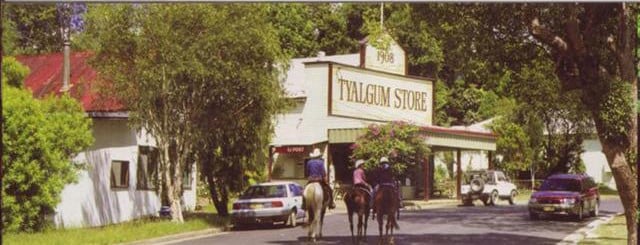
Giles Parkinson, RenewEconomy
To quit the grid, or not. Suddenly, it’s a choice that households in regional areas, towns, and even in the suburbs of our major cities, are going to be able to make. Battery storage is offering possibilities never before considered by the mainstream.
Environment minister Greg Hunt raised a few eyebrows this week when he said it was ‘inevitable’ that ‘significant’ numbers of people could and would quit the grid.
There seems no doubt that many will. Some are so frustrated with the big utilities, and big business in general (see the VW emissions fraud), that they will quit the grid as a matter of principle or a declaration of independence.
Some will do it for privacy: I was told of one family that spent $40,000 in inner Melbourne to quit the grid because they distrusted smart meters.
Soon enough, falling battery storage costs will inspire others to do simply because it saves them money.
But is that the outcome that we should be aiming for?
Over the next year or so, Australian households will be presented with numerous proposals to install battery storage
Tesla and Enphase are using Australia to launch their global battery storage products, and others such as Bosch, Panasonic, LG, Sunverge and Samsung are following.
Local battery storage developers such as Redflow and Ecoult are putting residential and commercial-scale storage products on to the market, and any number of smaller players are packaging up products.
Many will be tempted by battery storage because they feel they are getting screwed by the utilities. Not just by expensive electricity, driven by the soaring cost of delivery (network costs), but by negligible payments for exports back into the grid, special fees for solar houses, and rising fixed costs that make it harder to benefit from reduced consumption.
In NSW, Victoria, and South Australia, some 230,000 households will lose their premium solar tariffs at the end of 2016. This is the key market that new players are targeting. Even the incumbent utilities are gearing up with their own battery storage products to try to lock in customers.
Tyalgum example
But is leaving the grid the outcome that the outcome that we really want? For some, building new houses, or even new communities, it is a no-brainer because the costs of connection are so outrageously expensive. They will never actually join the grid.
The same will be said of new housing developments, because technologies now make it cheaper to do so. Some existing townships, such as Tyalgum in northern NSW, could do so because it will save them money. Even some networks see this as the way to go, a series of microgrids across the network.
Indeed, it is pretty much accepted that the energy system will change so dramatically in coming years. It will move from a centralized grid, to one where at least half of all demand is supplied – and stored – locally.
This means business models have to change. The CSIRO Future grid study said if they don’t, and utilities fight back, then one-third of consumers could get fed up, or see economic benefits elsewhere, and leave the grid.
That, though, has serious impacts on remaining consumers, with dwindling numbers asked to share the fixed costs of the grid. Networks show no sign of wanting to reduce their costs, because that means taking a write-down on assets and accepting lower revenue. Indeed, they are even talking of imposing fines, or compulsory fees, or at least finding a mechanism to get their upfront costs back quicker.
RenewEconomy asked Hunt to clarify his comments about battery storage and the grid. He said it was a matter of individual choice.
‘It’s up to individuals,’ Hunt told RE at the All Energy conference. ‘Some with personal reasons might choose to do so. The vast majority of people will stay on the grid, but some will choose to go off. That will be their own choice.’
Hunt says that within the grid battery storage offers a couple of outcomes. ‘They might be fully self-sufficient, or, more probably the case, it (battery storage) will smooth the load from what (consumers) need from the grid and what they put back into the grid, so people will be able to store by day and use by night.
‘Storage, I think will be increasingly an integral part of solar, so people will be buying energy systems, not just solar systems. As a consequence of that that will help reduce demand on the grid.’
Hunt would not amplify exactly how he would encourage battery storage, other than to say he would encourage the Australian Renewable Energy Agency and the Clean Energy Finance Corporation to continue their programs. He did hint, though, that the ‘Green Cities’ program being flagged by new prime minister Malcolm Turnbull may include some initiatives.
Hunt says storage will have benefits in reducing peak demand, and presumably reducing network costs.
The question is if those grid costs can fall enough to compete with the those new energy management systems that Hunt is talking about, particularly as battery storage costs are tipped to fall by 15 per cent a year in coming years.
The other big question is whether the policy makers can move fast enough to catch up to the new technologies. There is increasing evidence that they are being left behind, partly by the reluctance of most utilities to let go of the business models they have been attached to for decades.
Ian McGill, from UNSW, told the All Energy conference last week that policy making in Australia had been ‘shambolic’, and reactive rather than pro-active.
Still, he argued that quitting the grid would be a challenge, mostly because of the added costs. There was not much point in individual consumers gold-plating their own private network in the same way that the big networks did.
Giles Parkinson is the editor of RenewEconomy, where this article was first published.



